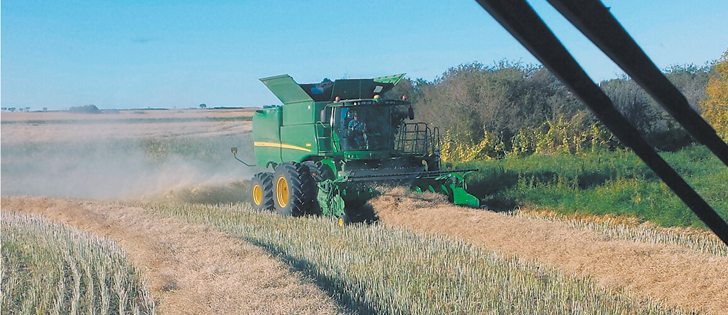Education initiative | Moroccan government funds effort to diversify workforce
As the Moroccan milling industry develops, so do the Moroccan women within it, says a group of them recently training at the Canadian International Grains Institute.
For example, Houda Bouddou was the only woman working at her durum mill 10 years ago, “but now there are 10 of us. Nowadays there is no difference between women and men in this field as long as you have the same skills.”
The women training at CIGI in mid-March were milling quality control experts, researchers, scientists and professors.
They are part of a five-year federal government funded program designed to boost the durum milling abilities of the Moroccan milling industry so that it can further develop its ability to mill, process and export durum-based products.
Read Also

Farming Smarter receives financial boost from Alberta government for potato research
Farming Smarter near Lethbridge got a boost to its research equipment, thanks to the Alberta government’s increase in funding for research associations.
Part of the rationale for the federal funding from the foreign affairs, trade and development department was to support the advancement of women within Morocco’s milling industry.
The program is designed to take the Moroccans’ skills to a higher level while in Winnipeg and then send them home to transfer those skills throughout their industry.
CIGI staff are also going to Morocco to teach at the country’s milling institute.
The women described a domestic industry similar to Canada’s, in which women have rapidly advanced within universities, research institutes and educational centres, while advancement within commercial mills has been slower.
However, the changes across Morocco have been rapid.
“I haven’t had any feeling personally that there was any difference between my situation as a woman and the men with whom I worked,” said professor Rabea Ziri of the University of Ibn Tofail.
Professor Hasnae Benkirane agreed.
“For the last number of years women have contributed in a major way to teaching of biology and related sciences in the grain industry,” said Benkirane.
Commercial milling quality and food safety manager Malika Tazi-Mokha said women are also moving up the value-chain in the countryside, taking local food products and components out of their kitchens and into the marketplace.
“They’re creating associations and co-operatives and starting to undertake small projects, and the state is also assisting women to advance and to be independent,” said Tazi-Mokha.
“They have started to build small companies and beginning to sell specialized products and regional specialties.”


















